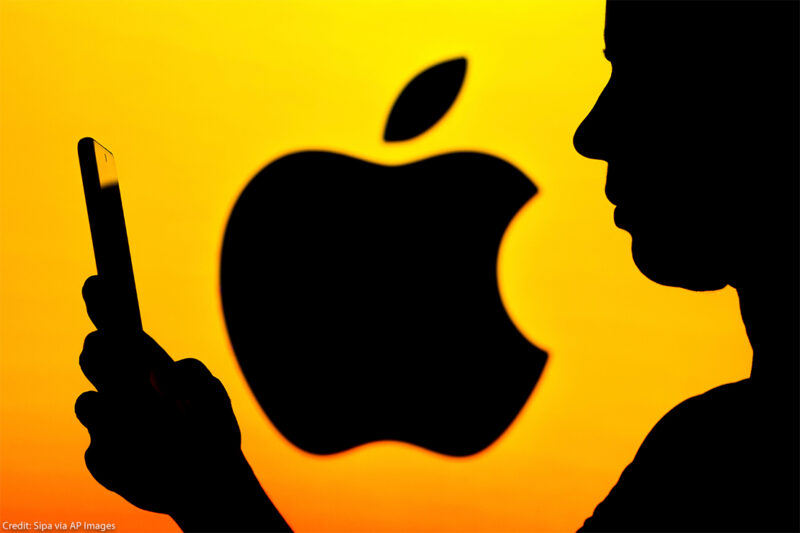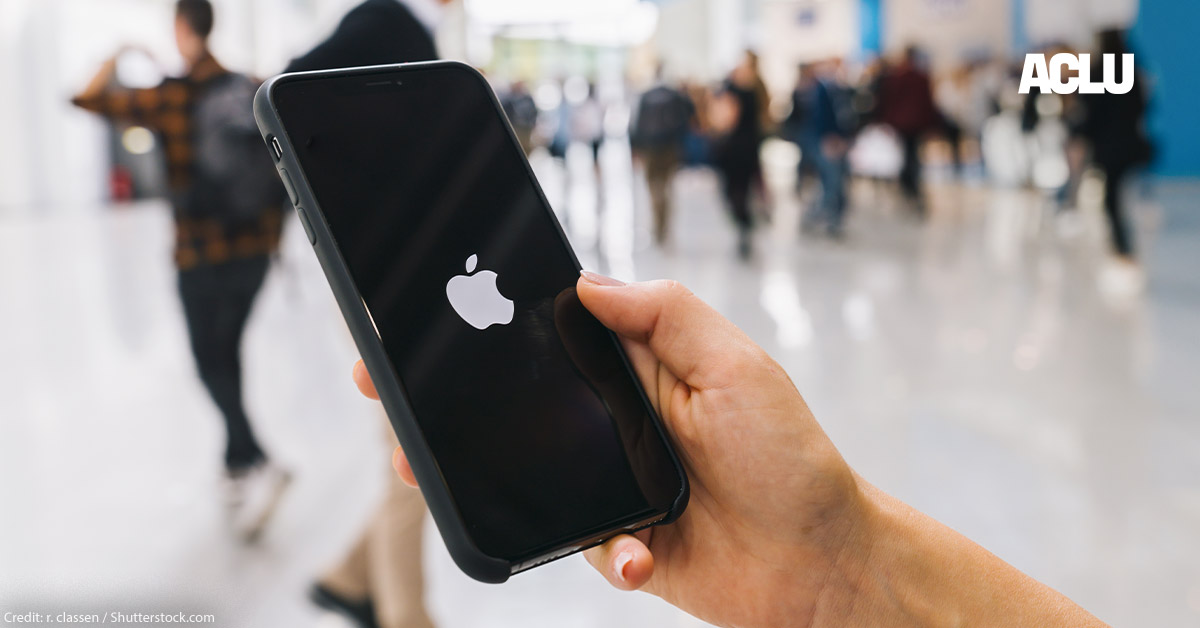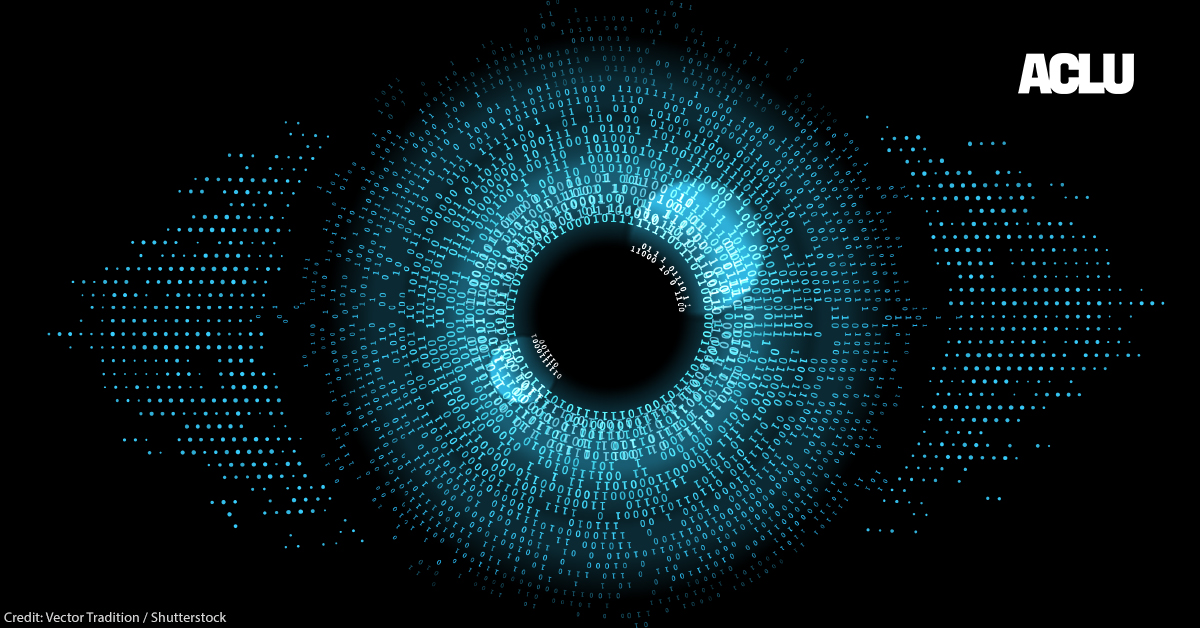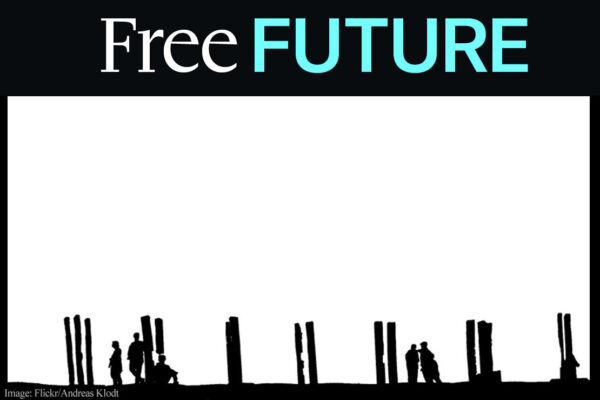The Vital Role of End-to-End Encryption


Our lives are increasingly intertwined with technology, and people must be able to communicate privately and securely. End-to-end encryption is the best protection, offering individuals the assurance that their personal data are shielded from prying eyes. As employed in Apple’s new iCloud implementation and in messaging apps like WhatsApp and Signal, this technology can ensure that only the sender and the intended recipients can access the content of a message. This level of security not only protects individuals from cyberattacks but also empowers citizens to communicate freely without fear of surveillance, censorship, and warrantless searches — whether by the government, Big Tech, data brokers, or anyone else.
The global public wants strong cybersecurity protections, the ability to conduct private and intimate conversations without surveillance, and safety from abusive governments, retaliatory bosses, abusive partners, fraudsters, intrusive marketers, and criminals alike. To that end, the public is adopting secure messaging at a rapid pace. WhatsApp’s user base grew over 12 percent last year and now has 2 billion monthly active users. In January 2022, Signal Messenger was estimated to have 40 million active users, which does not include its surge of users in Ukraine following the Russian invasion.
That is why civil society, including the ACLU, criticized Apple’s 2021 plans to build tools that would scan private communications on iPhones. Apple planned to update iPhone software so that it would scan photos users planned to send for child sexual abuse material, or CSAM. Its scheme was designed such that Apple would learn when a user had uploaded a threshold number of images that match known CSAM imagery. But privacy advocates, technologists, and human rights groups quickly pointed out that Apple was building a new form of surveillance which posed serious risks to privacy and civil liberties. If this backdoor feature were built in, governments could compel Apple to detect and report images that politicians find objectionable because they praise opposition parties, mock political leaders, celebrate protest movements, promote disapproved political messages, or circumvent government censorship regimes.

Apple’s New ‘Child Safety’ Plan for iPhones Isn’t So Safe
The tech giant’s latest proposal paves the way for even more intrusions on privacy and abuses of power.
Source: American Civil Liberties Union
To its credit, Apple listened. Now, Apple has moved forward with what it calls “Advanced Data Protection.” That means that shared content in iCloud Shared Photo Library, iCloud Drive shared folders, and shared Notes will be end-to-end encrypted, if all participants have Advanced Data Protection enabled. Meta has also announced (delayed) steps to offer end-to-end encryption on Facebook Messenger and Instagram direct messages. These improvements in communication security by services used by millions are long overdue.
Many powerful forces do not want these improvements. They’ve gotten used to the flood of data that has become available over the last decade or two. Everywhere we go, almost everything we communicate — our emails and direct messages, our clicks and “likes,” our shared photos, our search engine queries, and our web browser histories — is now logged by our cell phones, our internet service providers, and online services and available to governments. Physical surveillance is also at an all-time peak. Street cameras are just one example; these have proliferated, and increasingly feed into systems with face surveillance technology and license plate reading capabilities. The list goes on. We live in a golden age for surveillance, and it is safe to say that governments and corporations have never had more information about people than they have today.
Globally, governments like the new data bonanza and want to keep things this way. They want to be able to spy on what we do and what we say, and not only for legitimate purposes or constrained by legal protections. The Mexican government investigates individuals advocating a tax on sugary drinks. In the United States, the Department of Justice pressed Google to turn over a reporter’s emails, police raided the offices of a local newspaper investigating allegations against the chief of police, and federal authorities are investigating a reporter who uncovered video suggesting Fox News covered up disturbing comments from a celebrity interviewed by one of its hosts. Additionally, Americans’ messages get swept up in bulk during warrantless foreign intelligence surveillance and are secretly searched without judicial oversight.

Biden Knows Section 702 is Unconstitutional, Yet His Administration Still Defends It
Congress must stop this mass warrantless surveillance and abuse of government power.
Source: American Civil Liberties Union
Recently, several organizations initiated PR campaigns excoriating Apple and Meta for providing the public with more safety and security, seeking to blame encryption for CSAM. These campaigns use triggering imagery of young, sad children, photos that tug on our heartstrings and make us sick to our stomachs with the thought of the abuse that has been inflicted on some of the most vulnerable members of our society. But they do not acknowledge the serious dangers created by a less free and less secure internet.
These legitimate emotions threaten to make us forget the many people whose human rights and safety interests are protected by encryption. These victims go unmentioned in anti-encryption campaigns. It is nearly impossible to quantify the fallout from the persecution of people betrayed by insecure messaging, whether it be an increase in domestic violence, a chilling effect on journalists and whistleblowers, the concentration of power in the hands of corporate and government elites, the silencing of dissent, or the neutralizing of political opposition. Anecdotes of reporters, activists, grieving families, civil rights lawyers or others who have been spied on, here in the United States, fail to adequately encompass the scope of the surveillance problem or its impact on the public interest.
There’s a short-sighted belief among some politicians and law enforcement that political success in undermining encryption would have the added benefit of providing police with cheap, easy, and plentiful access to sensitive data — for all sorts of investigations. But this approach will cause more harms than it resolves. Encryption prevents crimes. Everyone needs safety, and in a world where our information is everywhere for use and abuse by criminals, cops, and corporations alike, encryption — and cybersecurity more generally — should be a priority for all.



